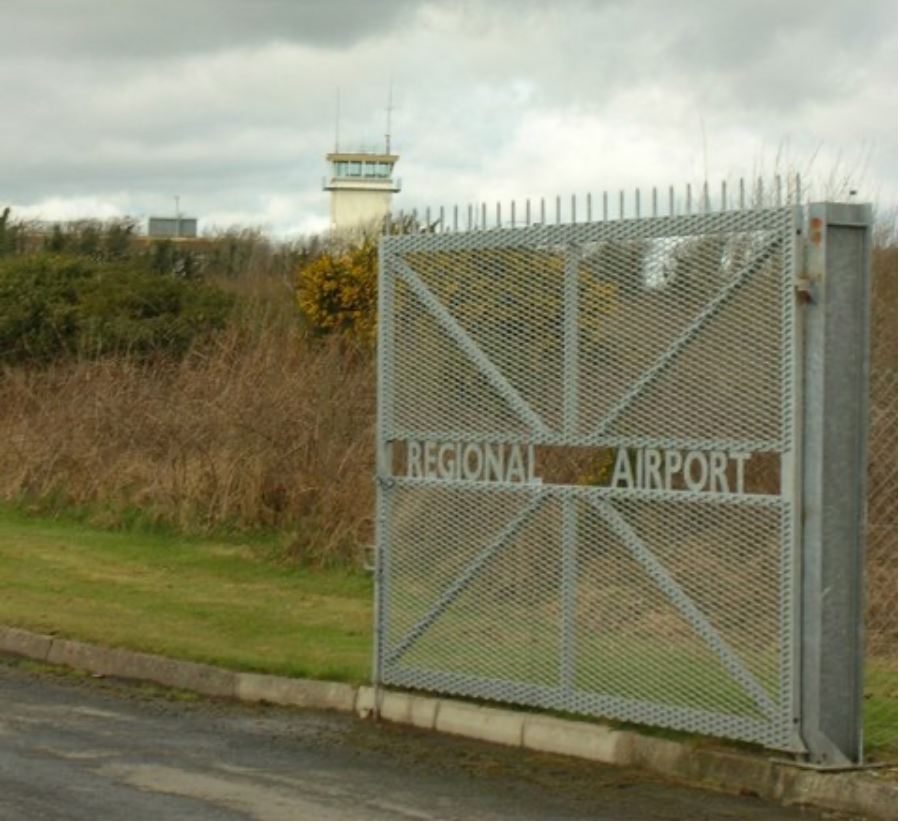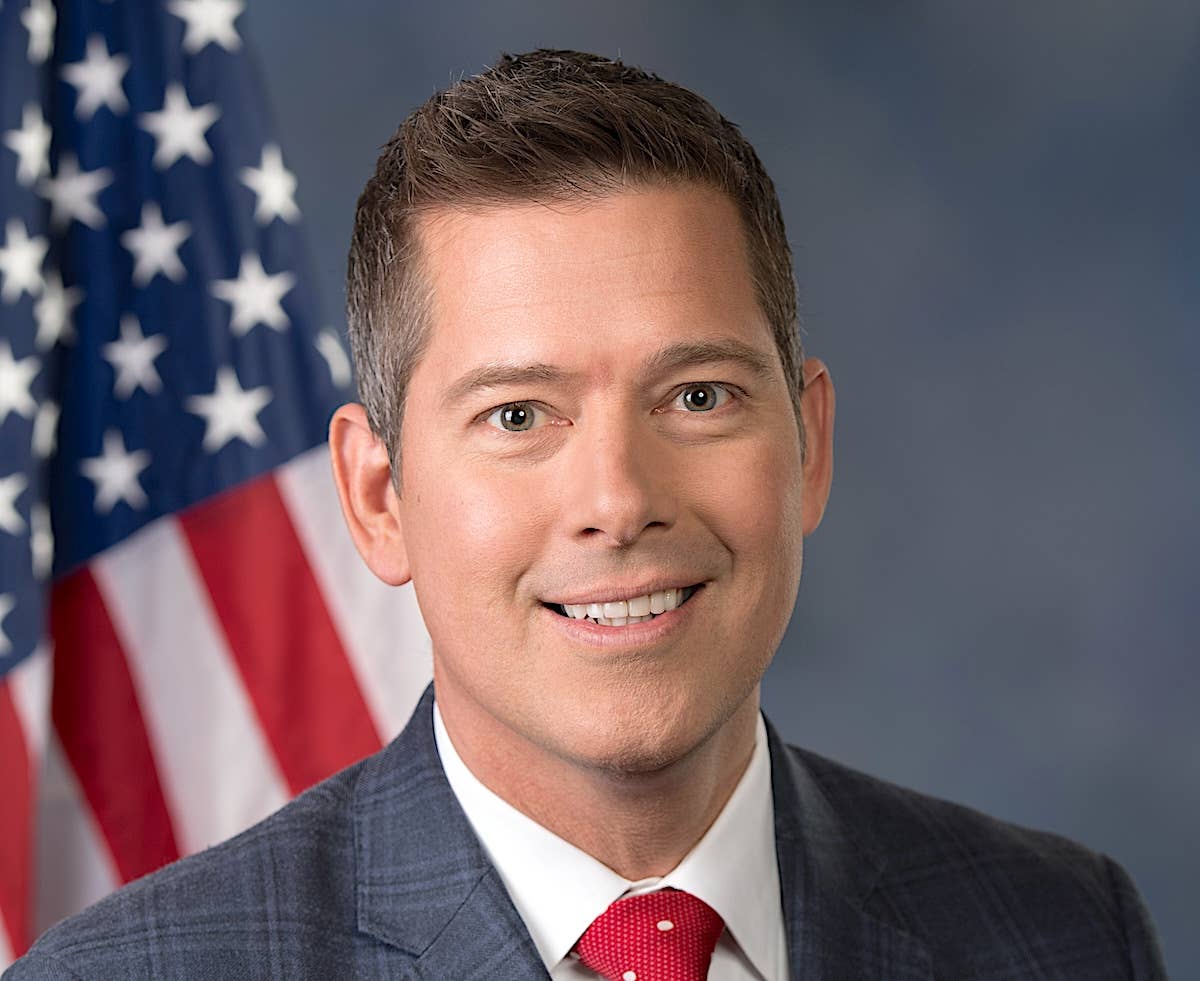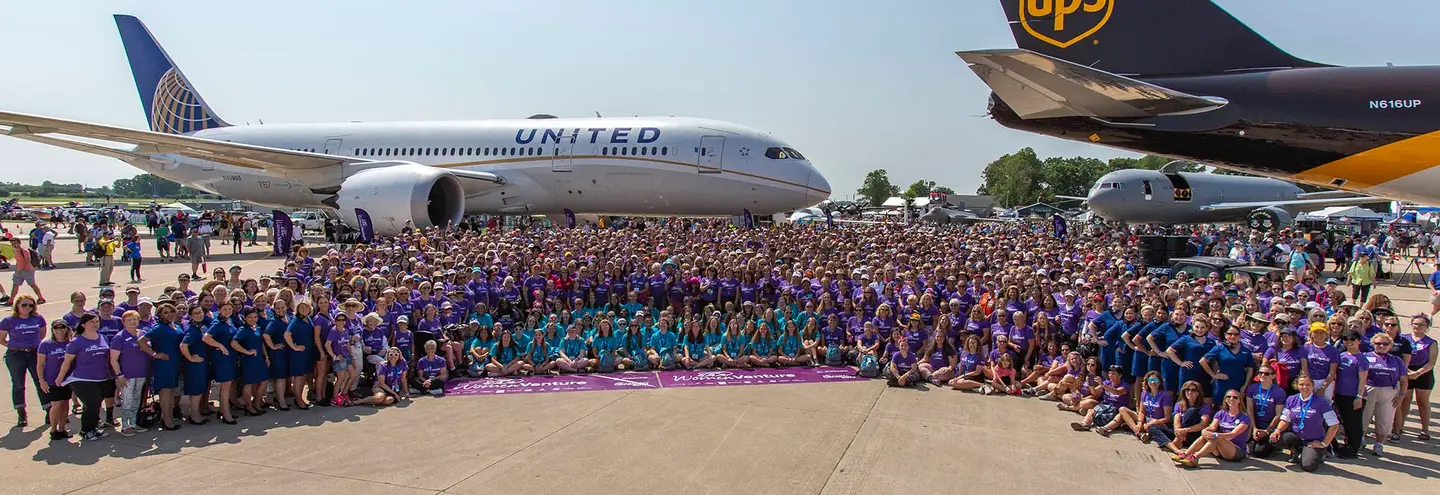Improve Safety By Reducing Training? FAA Addresses Controller Shortage
The FAA takes a curious route to improve aviation safety.

Well, it seems like a strange strategy for what is ultimately a safety initiative but nothing else has worked so maybe it's worth a try, provided it's monitored carefully. A few days after a damning report from the National Airspace System Safety Review Team essentially told the FAA that the clock is ticking on a major aviation catastrophe in the U.S., the agency had no choice but to respond. On Friday it came out with some plans to address a disturbing spike in serious incursions and loss-of-separation incidents across the country over the past year.
Most of it was low-hanging fruit and the re-announcement of already approved programs but it boils down to a staffing issue. Despite the agency's claims of an aggressive recruiting campaign, the report says some ATC facilities are short a quarter of the staff they should have. There will be new simulators and training centers, but only one initiative is aimed at directly increasing the number of butts in training positions and it seems curious at best.
Essentially, the agency is going to reduce the amount of training some new-hire controllers receive to make room to train more rookies. It's a child of the agency's odd mix of prerequisites for ATC trainees and a complication of that process that might fly in the face of the central goal of sharpening up ATC safety.
Most government jobs with the pay grade of experienced controllers (130-150K not including overtime) require a university degree. No question, no debate. Indeed, many trainee controllers do have degrees and the agency has carved out a special place for those who graduate from approved collegiate and university aviation programs that stress air traffic control training.
Graduates of those programs, under the Air Traffic-Collegiate Training Initiative (AT-CTI), are guaranteed a shot at a training slot as a controller. But an AT-CTI degree or any other education is not a requirement to become a controller. Essentially anyone under the age of 30 (the maximum age for most new hires) who can convince the recruiters that they have a work history, education background or combination of both that gives them the right stuff can also be selected.
Approval by candidates on either stream is no guarantee of 130K, benefits and a retirement plan, however. Applicants have to pass an eight-hour exam and undergo psychological assessment to get to the next step and that's no picnic, either. From there, would-be controllers go to what is known simply as "The Academy" or "Oklahoma City."
Controllers I know get a wistful, kind of far-off look on their faces when they talk about what is essentially boot camp for the world's most stressful job. There, the university kids leave behind frat parties and weekend football games to earn their first stripe, the grudging approval of former controllers-turned-instructors whose vast knowledge of the system and lexicon of war stories gives the neophytes a tiny taste of what they're in for on the job—and the hacks they need to survive it. About half of applicants don't make it.
Those who do especially well in their AT-CTI university courses get to skip almost half of the academy, likely, and I'm guessing here, because after four years in a university aviation program, they know a windsock from a taxiway light. Those privileged few spend three months in Oklahoma City while most endure five months along with the "off-the-street" hires. I couldn't find any data on who does better at the academy, the university kids or the life experience recruits, but the 50 percent who make the cut then head into the real world and the unending scrutiny of qualified controllers who will monitor their every move. That can last one to three years, depending on the career path the rookie is pursuing.
But under the new measures announced by the FAA, those who go through the AT-CTI program will skip Oklahoma City entirely and head straight to on-the-job training. As part of that, the agency pledges to help the universities ensure they deliver position-ready trainees to the nation's ATC facilities, but it hasn't said how it will do that.
The upshot is that with fewer university-stream hopefuls at the academy, there will theoretically be more seats for those who qualify on their life experience to date. And that's where cynical readers with long memories may, rightly or wrongly, start connecting the dots to a controversy involving the AT-CTI program about 10 years ago.
At that time (the good old days when all ATC positions were filled with dedicated controllers in their prime and supremely qualified prospects were stacked like cordwood beside the door) the administration took a look at the sea of pasty stubbled faces that dominated its ATC facilities. It decided to make it easier for women, people of color and others with single-digit representation in the facilities to become controllers.
It canceled the interview guarantee for AT-CTI grads and decreed that selection for Oklahoma City be based solely on the applicants' psychological profiles. The advantage for degree holders, the administration decided, presented an unfair barrier to Americans who historically have lower participation in higher education. It was about leveling the playing field.
Well, it was also about cutting the legs out from under hundreds of students and recent graduates without notice and immediately making dozens of well-developed and accepted programs instantly irrelevant at universities and colleges that had built their businesses around them. The initiative collapsed like cheap lawn furniture, as it should, and life went on. Except the status quo led, at least in part, to the current staff shortage and the inference that it's behind airliners almost trading paint on or near some of the country's biggest airports.
So, this latest idea hinges on the universities taking on the role of those cigar-chomping (minus the cigars) veterans who drill the knowledge, pride, confidence, swagger and perhaps most importantly, dedication into the kids who will ultimately hold the lives of real people in their eyes, ears and mouse fingers. It might work and if it does, paving the way for more diversity might be the unintended but delightful icing on the cake. If, however, it's a cynical second attempt to satisfy a political agenda, the price may be too high to even ponder.






